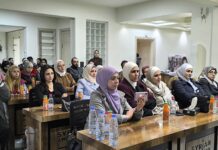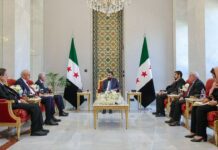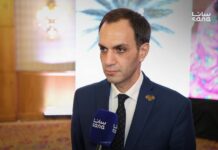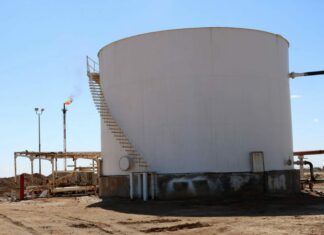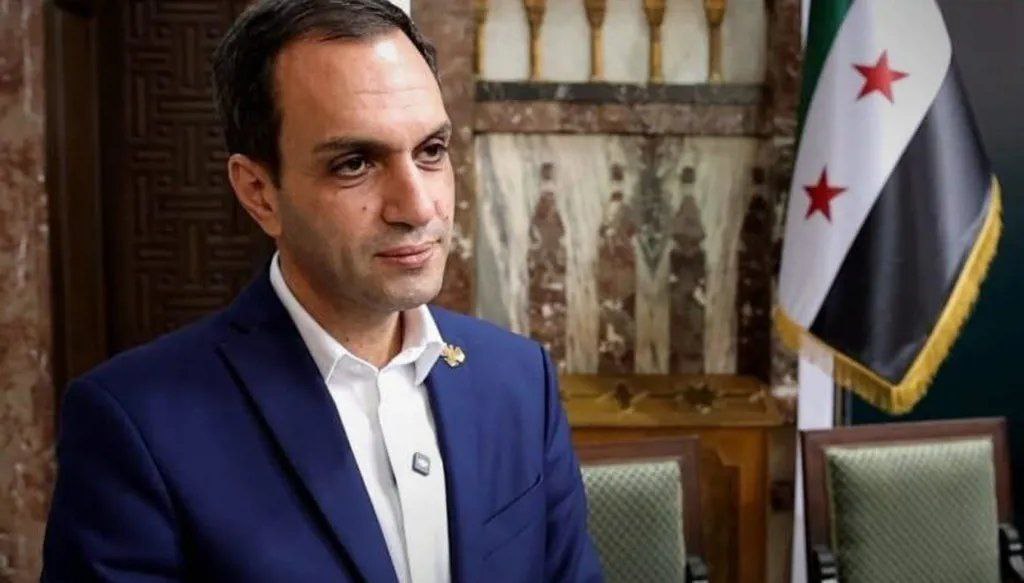
Syrian authorities delayed the People’s Assembly elections, citing unexpectedly high participation in the application process for electoral bodies. Tariq al-Kurdi, a member of the Legal Committee for the elections, said the postponement came “in response to the growing desire of Syrians to participate.” He said the large number of applications “caused significant pressure on the subcommittees, preventing them from reviewing all applications on time.”
The elections, initially scheduled earlier this month, are now expected before the end of September. Officials say the delay will allow more thorough review of candidacy files and ensure that newly formed subcommittees in Raqqa and Hasakah can take part in the process.
Expanding the Participation Base
Nawar Najma, spokesperson for the Supreme Committee for People’s Assembly Elections, told SANA voting in Raqqa and Hasakah would proceed “in response to the wishes of the citizens there,” adding that the move represents a step toward broadening political participation. Decision No. 31, finalized the list of subcommittees in those provinces.
Najma confirmed that nearly 14,000 Syrians applied for membership in electoral bodies across the country, stressing that applications “will be reviewed impartially.” Preliminary lists of electoral body members are set to be announced in the coming days, followed by a window for citizens to file appeals. Once appeals are reviewed, final lists will be released and a detailed timeline for nominations, campaigns and voting will be established.
Concerns Over Regime Loyalists
The process has drawn scrutiny after activists raised alarms online about alleged supporters of the Assad regime appearing on preliminary lists. In response, Najma urged citizens to submit official appeals backed by documentation, noting that “the appeals and popular oversight mechanism is the last resort to prevent Assad regime supporters from infiltrating the electoral bodies.” According to the committee, appeals must be filed within three days of publication of preliminary names and will be decided by provincial Judicial Appeals Committees—whose rulings are final.
Women’s Representation in Question
Beyond technical challenges, questions remain about the inclusiveness of the vote. Under the transitional electoral framework adopted in March, women must constitute at least 20% of election committees. Yet a review of subcommittee appointments showed women filling just 11 percent of the posts, raising concerns among civil society groups about whether the quota will be met in practice.
Women’s participation in Syrian politics has historically lagged. Musawah, a Syrian NGO, reported that women held between 10%-20% of assembly seats under Assad, while their representation in local councils was as low as 2% in 2011. Advocates now argue that the transitional period presents an opportunity to expand women’s role in decision-making, particularly as the new assembly is tasked with shaping laws for reconstruction and governance.
Next Steps in Transitional Process
Officials expect the People’s Assembly to be formed by late September. The body, with a two-and-a-half-year renewable mandate, will legislate during a fragile transitional period following Assad’s removal last year. Sixty thousand members of electoral commissions will choose 120 legislators, while President Ahmad al-Sharaa will appoint an additional 70 members.

